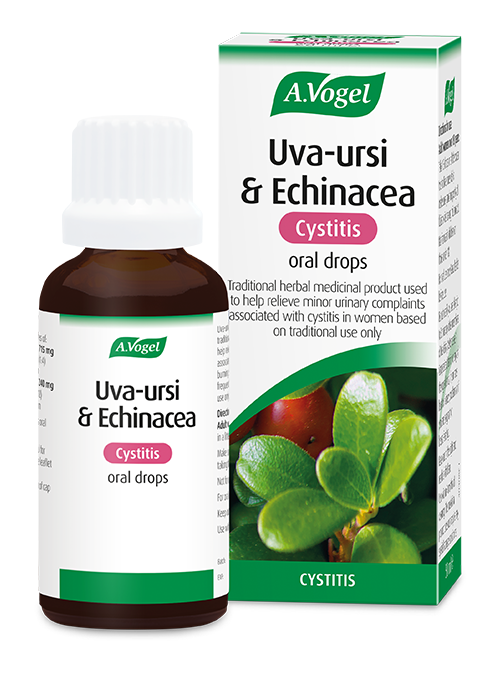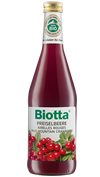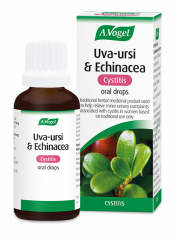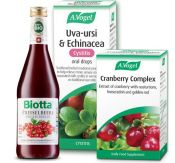Are all fruits bad for cystitis?
Is it a myth or a fact that certain fruits could exacerbate the symptoms of cystitis? Especially in cases of interstitial cystitis when symptoms are often recurrent, you want to get it right! Here I help tease apart some of the allegations and outline some of the fruits which are, in fact, safe to eat, including:
- Citrus fruits
- Tomatoes
- Whole fruits
- Cranberries
I run through why different forms of these fruits may be safer options than others (hence some of the confusion), so you can select your fruity options, in confidence, going forward.
What fruits can you eat with cystitis?
1. Citrus fruits

Citrus often gets a hard time when it comes to cystitis, however, here I want to help tease apart from of the misconceptions behind this.
Those with cystitis are often warned against citrus as a result of its acidity. Now, whilst certain foods may be more acidic in nature than others in their natural food-state, interestingly, when we ingest them and our bodies then go on to metabolise them, this can all change.
Also, another important point to take note of is that different parts of our system work optimally under different pH conditions. When we talk of the 'acid-base', or 'pH balance' of our bodies, more specifically, we really mean our blood.
Whilst our blood should be very slightly alkaline for optimal health, other areas work better under different conditions. Our stomachs, large intestine and urinary tract, for example, actually work best under more acidic conditions, as this state helps to keep bad bacteria at bay. Additionally, consuming foods which support the correct balance of bacteria throughout our system in the first place also helps us to maintain that optimal pH. The bacteria themselves can then produce substances including natural acids (L+ lactic acid, for one), which helps to keep the pH where we want it.
So, where does citrus come into all of this? Despite being considered 'acidic', this can actually vary depending on the type of product. Fresh citrus fruits are actually very balancing – they're generally considered alkalinising, in terms of your blood pH, but help to support acidity throughout your stomach, large intestine and urinary tract as well – exactly where we want it! Plus, citrus fruits have that all-important vitamin C content. Vitamin C is healing and helps to maintain the integrity of tissues throughout our urinary tract meaning you'll be less susceptible to future infections.
On the contrary, fruit juices made from concentrate are very different. These tend to be loaded with added sugars and, as a result, can risk messing up the pH balance throughout your body, especially when taken in excess. These added sugars are more likely to feed the bad bacteria throughout our system which means our good bacteria can struggle to prosper and produce all the short chain fatty acids and natural acids we want to maintain a healthier acid-base balance.
What's the best approach?
Slices of fresh citrus fruits should be considered a safe option if you struggle with the symptoms of cystitis. Just take care to ensure that you're drinking plenty of water daily - this should definitely be your go-to drink.
Top tip: Popping slices of lemon or lime into warm water makes for a comforting drink, or add to some fresh herbs, such as fresh mint, to cold water for a refreshing alternative.
Whilst fresh citrus is fine, my advice is to refrain from loading up on too much fruit juice. Try not to have any more than 100ml daily and avoid those made from concentrate completely as these risk being higher in sources of refined sugar.
2. Tomatoes

As tomatoes are technically a fruit and also often get a bad name when it comes to cystitis, they're next on my list to cover.
Whilst tomatoes are again considered to be 'acidic', internally, like most fruit and vegetables, they are considered gently alkaline. More importantly, the combination of fibre and essential nutrients, including antioxidants such as vitamin C, make tomatoes a positive choice in my book for helping to counter UTIs.
What's the best approach?
Once more, the vast array of tomato products available may have contributed to some of the more negative reports we often hear. Fresh tomato products are generally all good, but just watch out for any more processed items that may have been sweetened, such as tomato sauces.
3. Whole fruits

Rather than worrying so much about specific fruit and vegetables that may pose a problem – a general rule of thumb is to eat fresh. Whole fruits contain dietary fibre which helps to support the bacteria throughout your system, and these can then transfer across different parts of your body making positive changes as they go, from your digestion to your urinary tract!
As well as fibre, fruit and vegetables in their most natural form are also a rich source of nutrients including essential vitamins, minerals, antioxidants and phytonutrients. Many of these plant-based nutrients have a surprising ability to maintain the health of many of our cells and tissues, but also support crucial repair processes that may have to take place. If the delicate tissues that line our urinary tract become damaged, for example, it makes them much more susceptible to future infections.
What's the best approach?
Opt for fresh wherever possible. That is fruit and veg in their whole form, (even frozen varieties count though) and watch out for more processed versions. The more processing that's taken place, the more likely these foods will be depleted of many of the nutrients which made them healthy in the first place. Plus, they're more likely to have added preservatives or sweeteners which could actually cause further irritation in more delicate areas, or contribute to an imbalance in our internal bacteria.
4. Cranberries

One fruit of special note when it comes to UTIs and cystitis is cranberry. Although, like others, this fruity option has been subject to some controversy, research has suggested that cranberry products may have a special role in helping to prevent UTIs and cystitis.1
It seems that the unique structure of cranberries encourages the bad bacteria that can give rise to UTIs to stick to them meaning when we go to the loo we can flush them out of our system. So, whilst cranberries may not be considered effective enough to treat stubborn infections once they're established (Uva-ursi would be the go-to here instead), when it comes to prevention, they could be the way to go!
Uva-ursi & Echinacea Cystitis Oral Drops. Cystitis Treatment for Women
£. () Get it tomorrow, 13th January.










